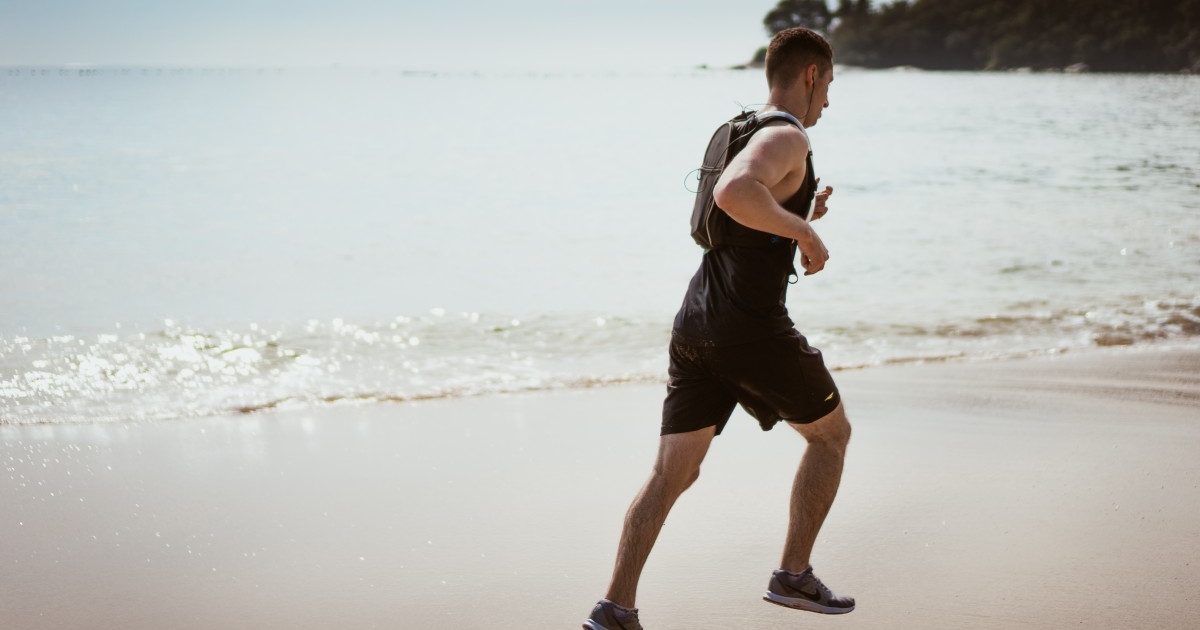Learn How Mental and Emotional Health Can Be Improved Through Exercise
Exercise can improve mental and emotional health in a number of ways. Hiking, backpacking, and trekking are all forms of outdoor exercise that can provide a variety of health benefits. Here are some of the most notable:
- Release of endorphins: Endorphins are hormones that have mood-boosting effects. They are released during exercise and can help to reduce stress, anxiety, and depression.
- Distraction from negative thoughts: Exercise can help to take your mind off of negative thoughts and feelings. This can be helpful for people who are struggling with anxiety or depression.
- Improvement of physical health: When you exercise, your body releases chemicals that help to improve your physical health. This can lead to increased energy levels, better sleep, and a stronger immune system. These physical improvements can also lead to improved mental health.
- Development of healthy coping mechanisms: Exercise can help you to develop healthy coping mechanisms for dealing with stress and difficult emotions. This can be helpful for preventing or managing mental health problems.
Exercise and Mental Health are Key Factors to Your Overall Health
Here are some specific ways that exercise can improve mental and emotional health:
- Reduce stress and anxiety: Exercise can help to reduce stress and anxiety by increasing the production of endorphins and by distracting you from negative thoughts and feelings. A study by the University of Pennsylvania found that people who exercised for 30 minutes three times per week for eight weeks had significantly lower levels of anxiety than those who did not exercise.
- Improve mood and self-esteem: Exercise can help to improve mood and self-esteem by increasing energy levels, reducing stress, and helping you to achieve goals. A study by the University of California, San Francisco found that people who exercised regularly had significantly higher self-esteem than those who did not exercise.
- Boost energy levels: Exercise can help to boost energy levels by improving circulation and increasing the production of oxygen. A study by the University of Bristol found that people who exercised for 30 minutes three times per week for six weeks had significantly more energy than those who did not exercise.
- Help to manage pain: Exercise can help to manage pain by reducing inflammation and improving circulation. A study by the University of Maryland found that people with chronic pain who exercised regularly had significantly less pain than those who did not exercise.
- Improve sleep quality: Exercise can help to improve sleep quality by reducing stress and anxiety and by making it easier to fall asleep. A study by the University of Warwick found that people who exercised for 30 minutes three times per week for eight weeks had significantly better sleep quality than those who did not exercise.
- Reduce the risk of depression and other mental health conditions: Exercise can help to reduce the risk of depression and other mental health conditions by improving mood, self-esteem, and sleep quality. A study by the University of Pittsburgh found that people who exercised regularly had a significantly lower risk of developing depression than those who did not exercise.
Hiking, Backpacking and Trekking Are All Great Options to Improve Your Health
Before beginning any new exercise program be sure to start slowly and gradually increase the intensity and duration of your hikes as you get fitter. And always be sure to wear appropriate clothing and footwear and bring plenty of water and snacks with you. During the evening hours you should bring a flashlight that uses rechargeable 18650 batteries to light your way.
You can also consider adventure hiking, which is a type of hiking that involves challenging terrain, such as mountains, forests, or deserts. It requires more physical fitness and preparation than traditional hiking, but it also offers a number of benefits for both physical and mental health. Adventure hiking can be a challenging but rewarding experience. With proper planning and preparation, you can enjoy all the benefits that this activity has to offer. You should also bring a portable power bank charger to recharge any electronic devices.
Here are some additional tips for getting the most out of your hiking, backpacking, or trekking experience:
- Choose a trail that is appropriate for your fitness level and experience.
- Let someone know where you are going and when you expect to be back.
- Bring the necessary gear, including a map, compass, first-aid kit, and plenty of water.
- Be aware of the weather conditions and dress accordingly.
- Take breaks often and listen to your body.
- Enjoy the scenery and the peace and quiet of the outdoors.
If you are struggling with mental health problems, exercise can be a helpful part of your treatment plan. However, it is important to talk to your doctor before starting any new exercise program, especially if you have any health conditions.







